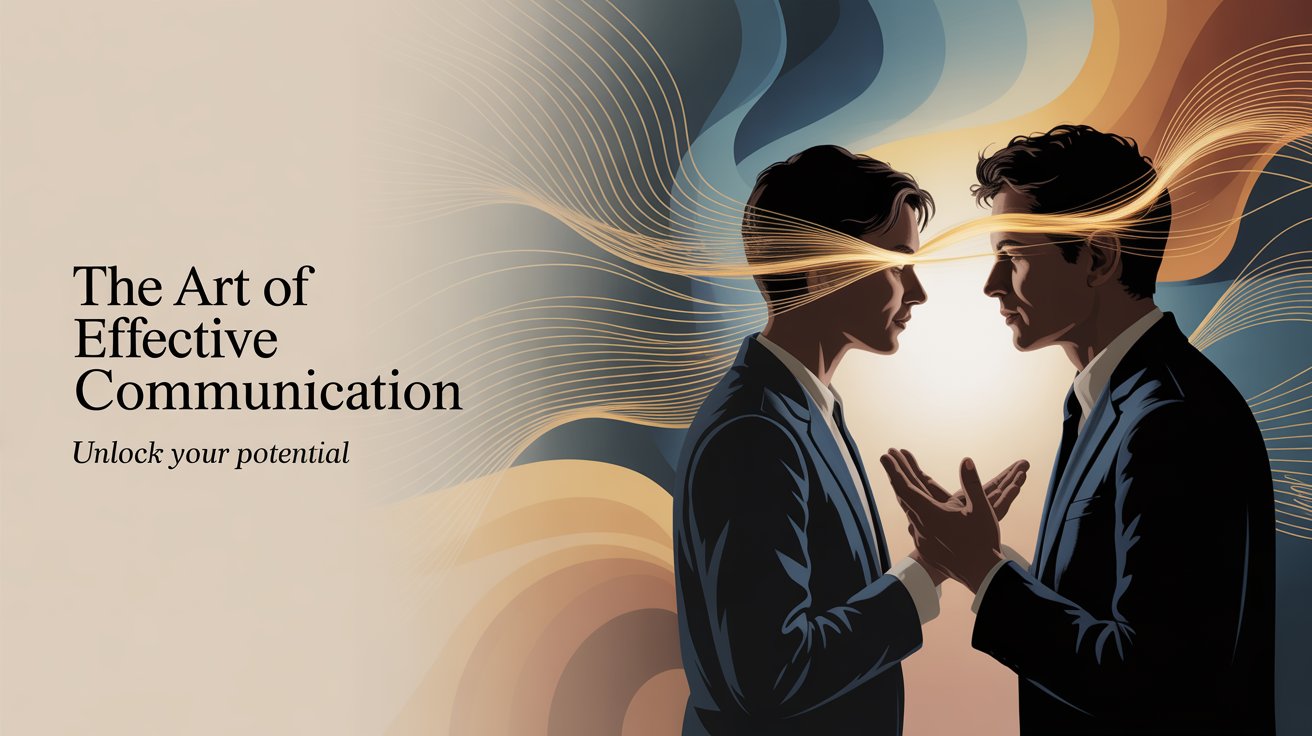In a country as diverse and vibrant as India, where languages, cultures, and traditions vary widely even within small geographies, effective communication is both an art and a necessity.
At Unmute Minds, we believe that effective communication is not just about speaking—it is about connecting, listening, and creating space where people feel understood and heard.
Psychologist Ms. Aarti Sahni, founder of Unmute Minds, reminds us that effective communication is the foundation of every healthy relationship—at home, at work, and, most importantly, within ourselves.
Why Communication Matters
Have you ever noticed how a simple misunderstanding can turn a small disagreement into a heated argument? Or how words left unspoken can build invisible walls between loved ones?
Communication is not only the exchange of words but also the bridge that carries our emotions, intentions, and values. When done effectively, it fosters trust, reduces conflicts, and strengthens bonds.
In the Indian context, where family and social ties are strong, the ability to communicate well becomes even more crucial. A teenager trying to explain to their parents why they want to choose arts over engineering, a wife wanting to share her stress with her husband without sounding like she’s complaining, or a manager needing to give feedback without demotivating the team—all of these situations depend on the art of communication.
Listening: The First Step
Unmute minds emphasises that one of the biggest barriers to communication is not the lack of words but the lack of listening. We often listen to reply, not to understand.
Consider the story of Rohit, a 16-year-old student from Bhopal, when his close friends began avoiding him, Rohit felt lonely and rejected. At home, whenever he tried sharing this pain, his parents brushed it off as “just a phase.” Feeling invalidated, he stopped opening up.
When his parents started active listening—simply acknowledging his emotions without judgment—he felt supported and gradually built new friendships with greater confidence. This example reflects how simple listening can transform relationships.
The Role of Empathy
Another vital part of effective communication is empathy. In Indian families, where generations live together, conflicts often arise between elders and youngsters due to differences in perspectives. Here, empathy can be the key to harmony.
Take the case of Komal, a young working professional in Noida, who struggled to explain to her grandmother why she returned home late from work. Her grandmother saw this as irresponsible, while Komal felt unheard and judged. In therapy, Komal was encouraged to use empathy-driven communication—acknowledging her grandmother’s worry before explaining her situation. When she said, “I understand you worry because you care for me. I also want you to know that my work timings are out of my control,” her grandmother felt respected, and the conversation became calmer.
Empathy doesn’t mean agreeing—it means valuing the other person’s feelings as real and valid.
Clarity and Honesty
Many communication issues stem from assumptions or vague expressions. At Unmute Minds, Ms. Aarti often reminds clients that clarity prevents unnecessary misunderstandings.
Think of a workplace situation: Arjun, a manager in Bangalore, needed to tell his team about an upcoming deadline. Instead of saying, “Finish it soon,” he clearly mentioned, “We need the report by Friday evening, so let’s divide the tasks today.” This not only set expectations but also reduced stress for his team.
Honesty is equally important. While being polite matters, sugar-coating or avoiding difficult truths can damage trust in the long run. Honest, clear communication—when expressed respectfully—builds stronger connections.
Non-Verbal Communication
Words are only one part of communication. Tone of voice, body language, and expressions often speak louder. A child may say “I’m fine” after a fight with a friend, but their slouched shoulders and teary eyes reveal otherwise.
In Indian families, non-verbal cues often play a large role. A father placing a reassuring hand on his son’s shoulder after a heated discussion, or a colleague’s warm smile when you’re nervous before a presentation, often communicates support more powerfully than words.
Communication with the Self
Perhaps the most overlooked aspect of communication is the dialogue we have with ourselves. Negative self-talk—“I am not good enough,” “I always fail”—can deeply affect mental health.
At Unmute Minds, clients are encouraged to replace these harmful inner dialogues with kinder, more constructive thoughts. Journaling, affirmations, and mindfulness practices help build a healthier self-communication style. When you speak to yourself with compassion, you also learn to communicate better with others.
Conclusion
The art of effective communication is not about being a perfect speaker. It is about being authentic, empathetic, and open to truly understanding others. It is about creating safe spaces—whether for a child at home, a colleague at work, or even for oneself.
At Unmute Minds, Ms. Aarti Sahni works with individuals and families to help them unlock the power of communication—transforming silence into expression, conflicts into conversations, and misunderstandings into mutual respect.
Because at the heart of every healthy relationship lies the simple yet profound act of communicating well.
✨ “When we listen with empathy and speak with clarity, we don’t just exchange words—we exchange hearts.





